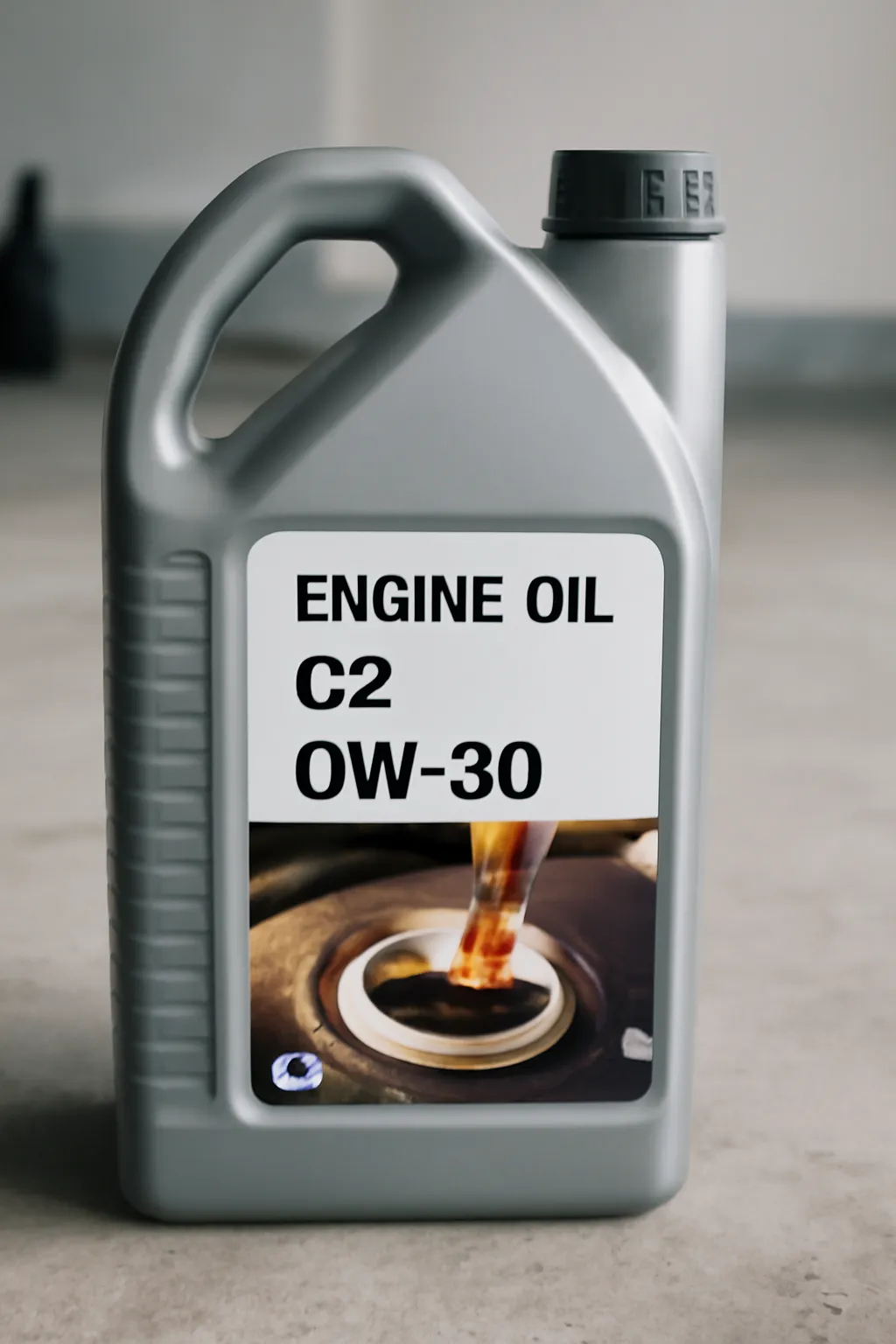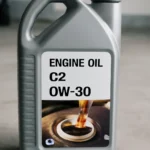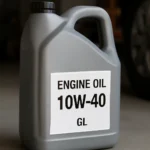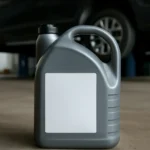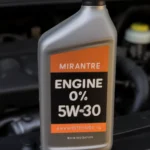What makes Engine Oil C2 0W30 the right choice for your vehicle? Curious about the differences between C2, C3, and C4 engine oils? This guide explores why 0W30 oils matter and what distinguishes the C2 classification from other grades. Dive into the details now!
Engine oil plays a crucial role in your vehicle’s performance, protecting the engine from friction and heat. Among the variety of oil options, the C2 0W30 engine oil stands out for its superior performance and versatility. In this article, we’ll explore the ins and outs of Engine Oil C2 0W30, as well as how it compares to C2 C3 and C2 C3 C4 oils. We’ll also explain the significance of the 0W30 grade in today’s vehicles.
Understanding Engine Oil C2 0W30
The “C2” in Engine Oil C2 0W30 refers to the oil’s specification according to ACEA (Association des Constructeurs Européens d’Automobiles). It’s designed to meet the needs of modern, low-emission vehicles and provide optimal fuel efficiency. This oil is typically used in vehicles equipped with exhaust after-treatment systems like diesel particulate filters (DPFs). The “0W30” indicates the oil’s viscosity rating, with the “0W” representing the oil’s low-temperature fluidity, making it ideal for cold starts, and “30” denoting its performance at higher temperatures.
Key Benefits of Engine Oil C2 0W30
-
Fuel Efficiency Due to its low viscosity at low temperatures, Engine Oil C2 0W30 reduces engine friction, thereby improving fuel economy.
-
Cold Start Protection The “0W” rating ensures that your vehicle’s engine starts smoothly even in cold weather, protecting it from wear during initial startup.
-
Reduced Emissions C2 oils are designed for use with modern, fuel-efficient engines, which need oils that reduce emissions, helping vehicles comply with environmental standards.
Real-World Example:
Many car manufacturers, including Peugeot and Citroën, recommend using C2 oils, particularly in diesel engines with turbochargers and DPFs. For instance, the Citroën DS5 2.0 HDi model utilizes Engine Oil C2 0W30 to maximize performance and minimize environmental impact.
Want to learn more about why Engine Oil C2 0W30 is ideal for your vehicle? 👉Click here to explore C2 oils further👈
Comparing Engine Oil C2, C3, and C4
The world of engine oils is divided into various categories based on their performance and applications. Three key classifications to be aware of are C2, C3, and C4. Understanding the differences between them can help you choose the best oil for your vehicle’s needs.
C2 vs C3 vs C4: Key Differences
-
C2 Oils These are low-SAPS (Sulfated Ash, Phosphorus, and Sulfur) oils designed for modern, low-emission vehicles with DPFs. They are particularly recommended for fuel efficiency and improved engine protection.
-
C3 Oils C3 oils are also low-SAPS but designed for more robust protection of engines, particularly in vehicles with high-performance engines. These oils offer greater protection against wear, sludge formation, and high-temperature breakdown.
-
C4 Oils These oils are tailored for engines that require high performance and fuel economy without sacrificing durability, especially in vehicles with the latest emission-reducing technologies.
Which One Should You Choose?
The choice between C2, C3, and C4 depends on your vehicle’s specifications. C2 oils are perfect for vehicles where fuel efficiency and lower emissions are top priorities. C3 oils, on the other hand, are ideal for vehicles with high-performance engines that still need to meet emission standards.
Real-World Example:
Consider the difference between the 2019 Peugeot 308 and the 2020 BMW 320d. While both vehicles are diesel-powered, the Peugeot 308 uses a C2 oil for better fuel economy and lower emissions, while the BMW 320d requires a C3 oil to provide the necessary high-performance engine protection.
If you’re still unsure about which oil grade is right for your car, check your owner’s manual or consult with your mechanic. 👉Find out more about C3 and C4 oils here👈
The Importance of 0W30 Grade in Engine Oil
Now that we’ve covered the differences between C2, C3, and C4 oils, let’s focus on the significance of the 0W30 grade. The “0W” rating in 0W30 engine oil denotes the oil’s ability to flow at extremely low temperatures, making it an excellent choice for colder climates. This is particularly important in regions where temperatures drop significantly, as conventional oils may struggle to circulate during cold starts.
Why 0W30 is Ideal for Modern Engines
-
Better Cold-Weather Performance The 0W rating means the oil will flow easily at sub-zero temperatures, protecting your engine during those critical first moments of starting.
-
Energy Efficiency Lower viscosity oils like 0W30 reduce internal friction, which can enhance fuel efficiency by improving the engine’s performance.
Real-World Example:
If you live in a region with harsh winters, such as parts of Canada or Northern Europe, 0W30 oil ensures that your engine remains protected from wear even in freezing conditions. The 0W30 grade makes it much easier for the engine to start and run smoothly in such environments.
Considering a switch to 0W30 oil for your cold-weather driving? 👉Learn how 0W30 can improve your engine’s performance here👈
Conclusion
Choosing the right engine oil is essential for maintaining the longevity and performance of your vehicle’s engine. Engine Oil C2 0W30 stands out as a top choice for those prioritizing fuel efficiency, cold start protection, and emission reductions. By understanding the differences between C2, C3, and C4 oils, you can make an informed decision based on your vehicle’s needs. The 0W30 grade ensures that your engine performs optimally even in the coldest of climates. Keep these factors in mind, and your engine will thank you for it!

